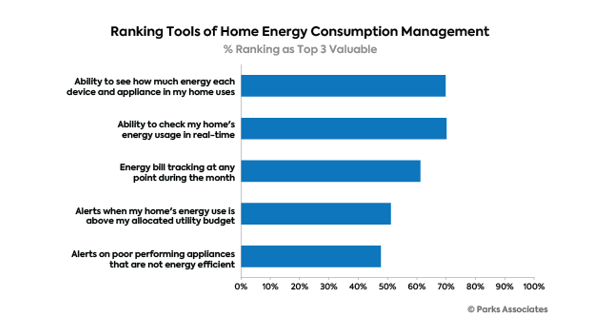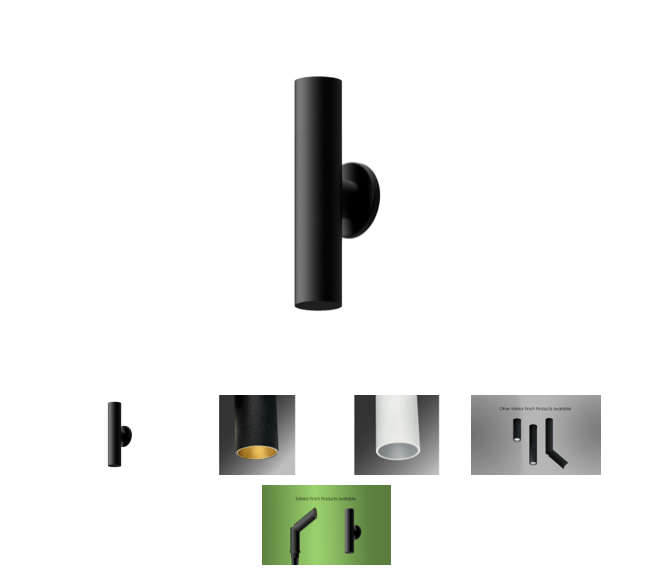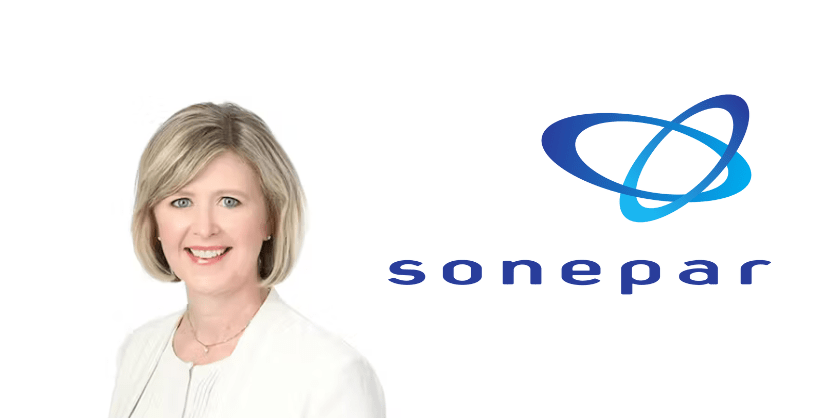Consumers Want Real-Time Energy Monitoring

Parks Associates released a new white paper Energy, Security, Automation: Converging into Peace of Mind that explores the convergence between security, home automation, and home energy solutions. The data revealed 16% of households currently have a smart thermostat, and while only 5% of internet households own an electric vehicle (EV) today, purchase intentions are growing.
Developed in partnership with Alarm.com, the research paper highlights the major changes occurring in the energy space as supply and distribution race to keep up with growing demand and as consumers grapple with higher costs. As energy consumption becomes more important to consumers and technologies advance, adoption of smart energy solutions is increasing.

“The home energy industry is at the beginning of a major shift. As energy prices rise, consumers are looking to save money but face multiple challenges,” said Chris White, Research Director, Parks Associates. “Technology such as smart thermostats, smart plugs, and smart energy monitoring devices can help, but familiarity is low. Security providers are a natural channel to provide energy-management solutions as they can integrate them with security systems in the home and then work directly with consumers to configure these solutions for maximum utility and savings.”
Added Abe Kinney, Senior Director/Product Management at Alarm.com, “With the start of summer just around the corner, energy and cost savings are top of mind for consumers. Our platform serves as a foundation for service providers who can customize a variety of energy management solutions for homeowners, including solar monitoring, that fully integrate with our residential security services.”
Parks Associates’ consumer research, which included a nationwide quarterly survey of U.S. internet households, finds that nearly 40% of those households report owning a security solution for their home. The research white paper assesses how energy management drivers and the enormous influx of government funding are creating new opportunities for smart home manufacturers, security players, and energy companies to meet growing demand.









